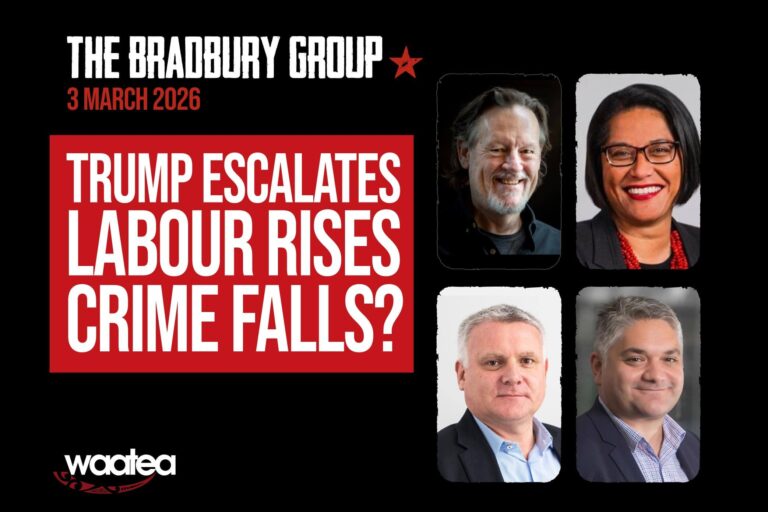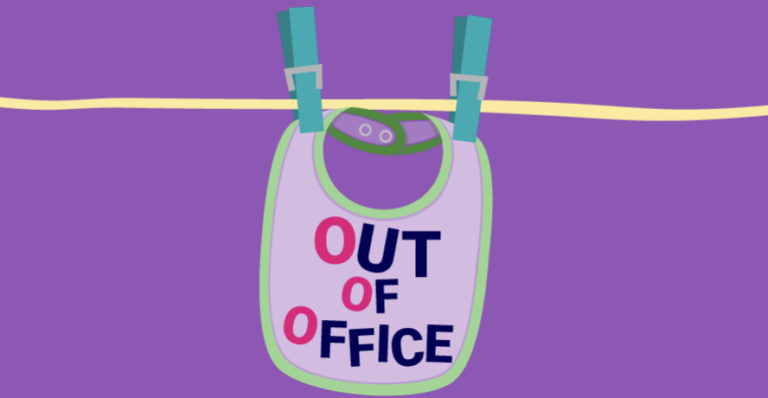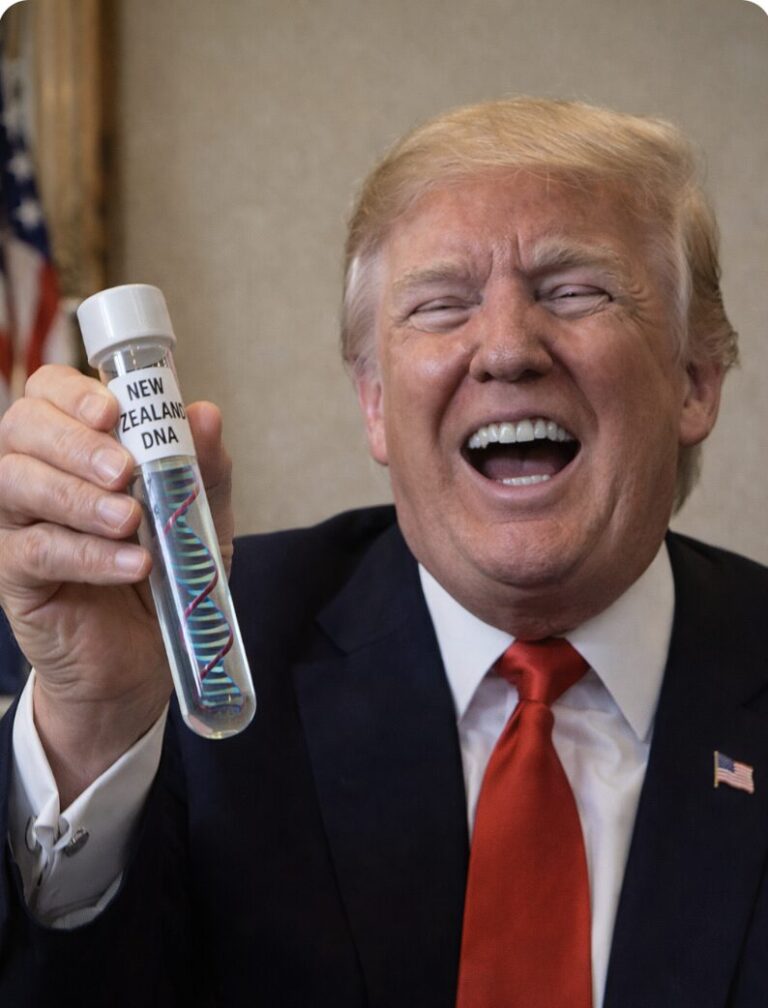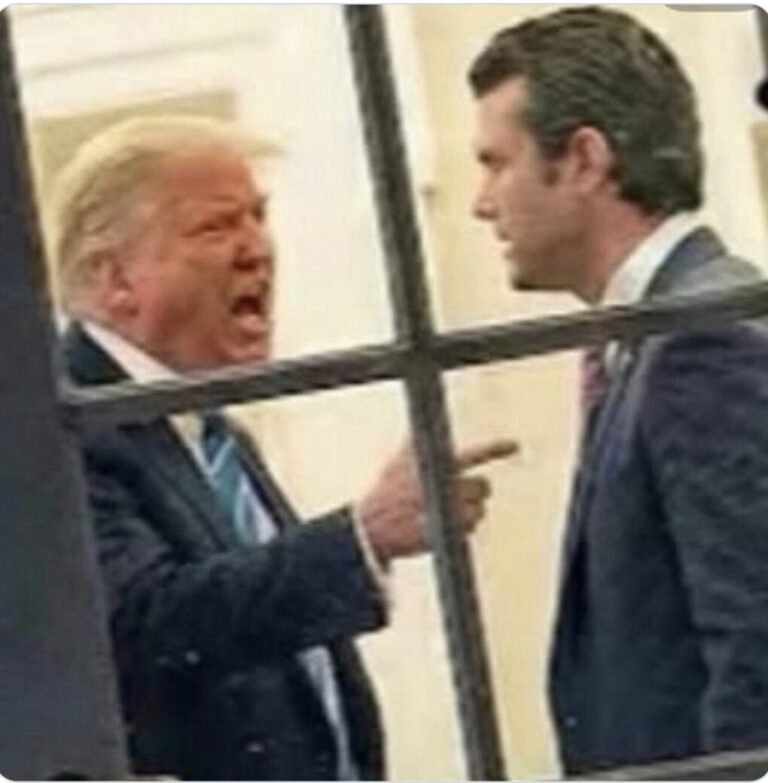US-DRIVEN IPEF – “what is this thing?”
When officials who have been sitting at the negotiating table for a potentially far-reaching international agreement with the United States are asking “what is this thing?”, serious questions need to be asked about why they are even there.
Some version of that question was asked of me as a “stakeholder” by three different delegations during the first round of negotiations on the US-driven Indo-Pacific Economic Framework (IPEF) last week in Brisbane.
IPEF is the centrepiece of the US’s strategy to counter the influence of China in the Asia Pacific, alongside the explicitly security-focused Quad with Japan, Australia and India. The four pillar framework of trade, resilient supply chains, clean economy and fair economy (tax and corruption), is split between the US Trade Representative (Pillar 1) and the Commerce Department for the rest.
China is never mentioned, but the subtext is hardly subtle. A recent statement from Australia’s Defence Department explicitly laid out the security objectives of the specific items on the IPEF agenda, from rules on data and targeting telcos such as Huawei, “resilient supply chains” intended to marginalise China, and bans on export controls such as those applied to semi-conductors.
While IPEF focuses on the Asian region, the US is moving to reassert influence and counteract China through parallel Americas Partnership for Economic Prosperity and US-Taiwan Initiative on 21st-Century Trade, a Pacific Partnership Strategy with the Pacific Islands countries, and a three-day summit last week with African leaders.
Three other factors are driving the US approach. As host for APEC in 2023, the US just announced the theme “Creating a Resilient and Sustainable Future for All”, which contains almost every element of IPEF. Clearly, Biden will want some deliverables by the Leaders’ summit in San Francisco in November.
Second, the Biden Administration needs to satisfy corporate and some congressional demands for free trade deals, while placating staunch critics of the Trans-Pacific Partnership Agreement (TPPA) and similar deals by other Democrats, crucial union and environment constituencies over offshoring of jobs and lowering labour and environment standards.
Third, the administration describes the legal form as an “executive agreement” that does not require Congressional approach – a view strongly disputed by leading Democrats like Senator Elizabeth Warren.
Hence, IPEF is not a “traditional” free trade agreement that grants market access to the US. In Brisbane, its chief negotiator portrayed IPEF as a new and innovative economic arrangement to address 21st century challenges. Close US allies, such as Japan, dutifully echoed their excitement about this innovative new approach and its references to gender, indigenous peoples and labour.
Some governments seemed reassured by the US’s lower-key approach in Brisbane. The context belies that. The US invented the idea of IPEF and has vice-like control. It secured support from the Quad and now has 14 participatory countries from across the region – some, I suspect, as part of quid pro quos.
Participating governments could only access documents after they signed a draconian agreement that keeps negotiating documents secret for five years after the outcome enters into force. The US chairs all the negotiating committees, except that on “inclusivity” (co-convened by Australia and New Zealand). The US has set the agenda for meetings of each chapter and tabled the early drafts for discussion. Those drafts, including some texts, reflect the pro-corporate provisions in the TPPA, US Mexico Canada Agreement (USMCA) and other recent negotiations.
That reflects the demands of the US corporate lobby, which has reinvented itself as the American Association of the Indo-Pacific. Corporate speakers at the Brisbane stakeholder session, such as Amazon and Citi, focused narrowly on their wish list for digital, digital, digital. So did a joint statement to the round from services industries, including Business NZ and the Australian Services Roundtable.
While the US objectives are clear, the “thing” itself is a mess. The US has adopted a Nike-approach of “Just do it”. There is no coherence across the four pillars, despite significant overlap, or even for the elements within each. Some topics are advanced, because they largely cross-reference existing texts, while others are embryonic. Meeting in fragmented, simultaneous silos puts a massive burden on small delegations like Fiji.
No-one yet knows what legal form any IPEF agreements might take, whether some or all parts would be enforceable, whether countries can pick and choose different elements, how sensitivities can be protected, what development flexibilities might be permitted and resources would be made to implement them. Effectively, governments are being asked to negotiate a pig in a poke.
Above all, there is no evidence that IPEF will be of any value to any participating countries beyond showing willing to the US in its geo-political strategy to counter China. We deserve a much clearer explanation for why they are there.







This is just another equivalent of the IMF, trying to push American corruption and debt-trap diplomacy on vulnerable nations in the Asia-Pacific (noone rational cares about India) region.
Globalism has often been portrayed as a the evil job killer in America by the nationalistic republicans, similarly the democratic party often hold up globalism as as capitalist invention which only serves to harm the poor and increase wealth inequality. What both toxic parts of the right and left miss is that globalism where small and large businesses can trade unrestricted will allow mutual tying of economic fates. If trade restrictions are ever introduced by shading US big businesses in such FTA’s in the name of “counter”(ing)” the influence of China in the Asia Pacific” Then the Chinese side of FTA’s will simply start to supply countries with independent foreign policy (ie not fu*king bothered by BIG U.S.A IMPERIALISM). Right now the attempt to re-align the ‘western bloc’ against the old commie foe is sure to send us all down the toilet since the Chinese goods we use in everyday life are extremely hard to produce at scale in western economic conditions (if we did produce them we would probably add to inflation.)
“… doesn’t have a clue….”
That’s a cheap and nasty shot!
She has an LLB (Victoria), BCL (Oxford), MPhil (Cambridge), PhD (Auckland). She also has, from 1997, a personal Chair at Auckland University.
She has a clue – I guess many, many more than you do.
I seriously doubt your cluefulness; my guess is you mentally personify your pseudonym!
“…. doesn’t have a clue”, eh Gaby? That’s a cheap shot.
She has an LLB (Victoria), BCL (Oxford), MPhil (Cambridge) PhD (Auckland, and for 25 years has held a personal Chair at Auckland University.
That tells me she does have a clue; quite a few of them!
What do you base your implied ‘clueful’ self on, Gaby? – or does your pseudonym say it all?
J K is obviously a clever person and would beat me on her knowledge but the 35 doctors who were antivaxers would also be clever than me . This does not mean they are right in all that they say as all of us have an inbuilt feeling of right and wrong which cannot come from a text book. Each one of us needs to listen and learn that most times there is a right and a wrong but there is also grey as well if you try and look at thinks from the other persons point of view.
Yes, Trevor, agree to disagree or even accept elements of the other’s argument. But do it with some respect, at least. Too much to ask? Seems so from Gaby’s and others comments.
I can agree with you on the respect aspect we all deserve that as each
person writing a message has taken the trouble to read the comments and make a response.
Jane Kelsey remains mired in the Jeremy Corbyn mindset … they deserve each other.
Ha ha ,why they are here ? Could it be something to do with the state of the u.s in the last stages of decline & the fact they know they are pretty much toast due to the gold based currencies being put forward to the world by China and Russia as alternatives to buy oil with , something the world has not been able to do since the signing with opec in the70’s and the one world u.s oil currency the yankee dollar . Doesn’t matter that the u.s has economy and currency backed by nothing but debt and have just been printing money literally trillions trying to keep thi gs afloat for a while now . The bankers should be shot , politicians after that. MSM is pathetic and doesn’t report or present anything of tangible value unless it’s aligned with its owners interests. Ha ha where do we start with the cleanup ? As ole Julie andrews said in the sound of music many years ago “ let’s start at the very beginning a very good place to start “ Drain the swamp “
I’m afraid that the swamp is full of neocons. Neocons see the world as a Manichean fight between good and evil. We can only fight them on a Manichean basis, they must be totally destroyed or they will destroy us.
It seems very clear why you are there. Your last paragraph sums it up. The USA is in a geo-political war with China and we are being told to fall in line with our allies.
It seems very clear why you are there. Your last paragraph sums it up. The USA is in a geo-political war with China and we are being told to fall in line with our allies.
Kelsey still beating the same anti-US drum, twenty-five years on from when we were forced to listen to it at law school. As someone living in Asia and working in ASEAN trade-related issues for the last couple of decades, I can assure you that ASEAN member economies are very much in favour of IPEF and of the US taking a leading role. Jane ought to use some of her taxpayer-funded pension to get out of Grey Lynn and met the real world…
A voice of sanity . I bet many on this link are anti vaccine conspiracy theories.
ASEAN member countries, or the US stooges that run them! Remember, those countries rely on the US corporations who exploit their slave labour and resources and you are implicit in this process. It is in your interest to support whatever the US concoct, because you don’t represent the masses, just the suits.
A lot to consider with this steaming pile! It seems really that US Imperialism is trying a different, if rather hard to follow strategy, and one that appears to lock various countries into “whatever”. So, say in the case of New Zealand one can just imagine the calls and pressure with this country being a member of 5 Eyes.
The anti China thing would be amusing if not so serious by US warmongers intent–US corporations dropped domestic workers like the proverbial and headed for lower wage China & other countries as globalisation enabled the mobility of capital. Capital and finance capital seem free to roam the globe but not the world’s working class.
Workers of the world Unite! is the only way to deal with this type of bollocks.
The anti Chinese thing marks the nadir of US foreign policy. Faced with Putins military expansion announced this week, the US faces a military that it can’t match (Russia) and an industrial capability (China) that the US is dwarfed by. It is a trend that leaves any US response 5 to 10 years behind with little chance of catching up.
The latest US diplomatic / economic blunder is to confiscate assets of private Russians that were frozen prior. The message is that buying assets and securities from the US is risky. Given China is a major buyer of US Treasuries, further purchases may be seen as unwise by the Chinese.
That participating governments are required to keep the conditions of these negotiations secret from the people on whose behalf they are being considered, with the room for massive corruption that such a requirement represents, especially of the smaller states, tells us all we need to know about these processes. Except that if it weren’t for Professor Kelsey’s diligence we wouldn’t know.
When we could end up in a conflict with dead Kiwis we as citizens have the right to know what our leaders are signing us up to.
Wow even with a ‘good’ president the US is going around crapping on its supposed allies, what happens when they get another ‘bad’ president? They’re going to keep at it until they get what they want – first TPP, then TPPA, now this.
Its pretty obvious what is happening. From Obama’s pivot, to Trump’s trade war to Biden’s call to stop China taking over the world, we are being sucked, deal by deal, into a NATO East with obligations to join the US coming war on China over Taiwan. Anybody who understands why we are now facing a bipolar world, in which the US in decline has acted unilaterally to draw all its allies and proxies into a bloc against the rise of Russia and China, can see what is at stake here. It is the 20th century Great Game, 21st century style, revived by the US in sheer desperation to contest China and Russia for control of Eurasia and therefore the world.
This is not the result of some aberration, a US gone rogue under the neo-cons or the deep state, but the inevitable outcome of capitalism in terminal decline, incapable of developing any further, but rather destroying the natural material base of its ability to even survive without destroying human civilisation.
In the realisation that the oncoming global economic collapse is about the survival of the fittest, and that Russia and China have proven not only that the collapse of the soviet world was not the world historic victory for capitalism, but the transformation of the soviet world into more powerful imperialist rivals, the US led West is running out of time and is now gambling on an all or nothing, zero-sum, fight to the finish.
NZ joining the US led bloc is choosing the losing side in this historic endgame, and risking taking us to our doom in a nuclear WW3. We need to reject support for both imperialist sides in this showdown, and carve out our own neutral, independent and sustainable path to survival. In the process we set an example to the vast majority of nations who do not want to be part of a nuclear holocaust, and help create whatever chances there are left for survival in a human, free, equal, sustainable and just world.
NZ joining the US led bloc is choosing the losing side in this historic endgame
Well said Dave
Very insightful comment. I think you’re almost completely correct as far as overall strategy is concerned. However, you do not mention the flow of money (i.e. who profits). Always follow the money when it comes to political decisions.
Yes great article thanks Ms Kelsey and comment above DB. The place to look for inspiration I think is Latin America where an increasing number of countries are throwing off their US backed masters and going against the ex colonial elites; Cuba is the OG of course and Venezuala is still going strong after leading the pink tide of early 2000’s, recently these two have been joined by Colombia, Bolivia, Argentina and Chile. Most recently Lula won the Presidency in Brazil after the dreadful Bolsonaro stole the last election with US support. In Peru the indigenous leader Castillo was ousted by US supported Parliamentary coup just two weeks ago and the people are rioting for his return.
Most of these countries have strong indigenous representation in these leftist movements and I think the interesting challenge for Aotearoa is how does the indigenous population have meaningful input into our foreign policy, how can they influence an a different outcome to simply remaining one of the western bloc allies. Our Foreign Minister is proudly indigenous after all. How can we forge links with other independent nations such as in Latin America who are forging genuinely independent positions and know they will have to withstand ongoing US led meddling from outside and undermining by their own elites from inside. Just like us really.